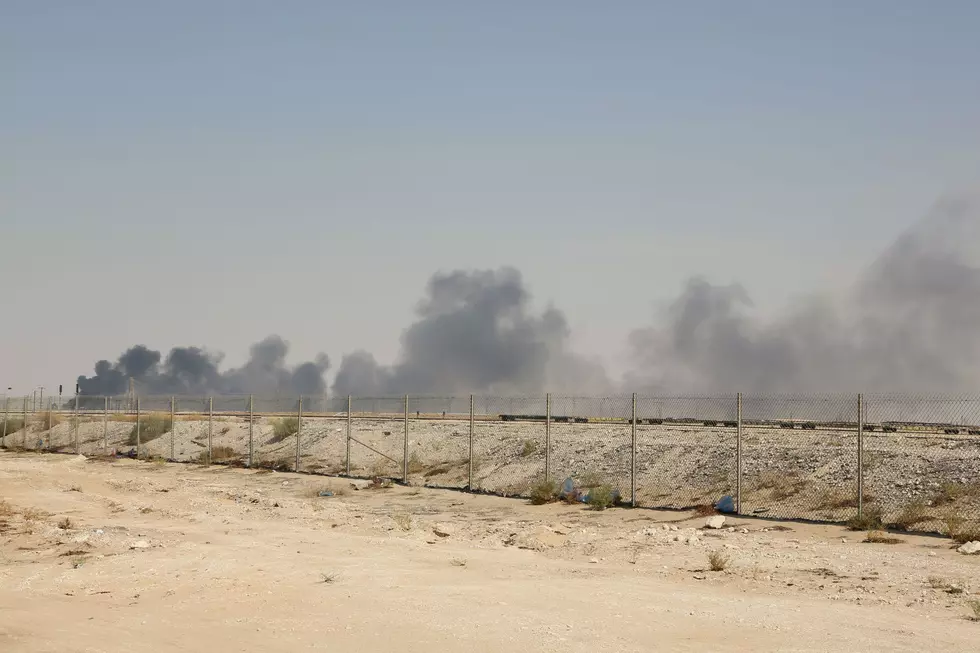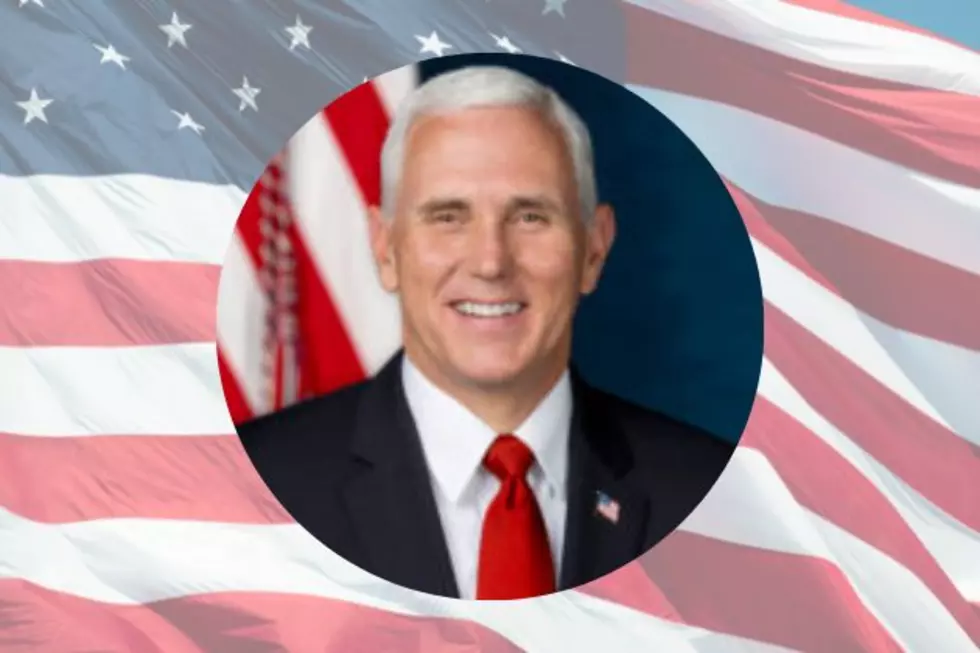
Petroleum Association of Wyoming: Effects of Saudi Refinery Attacks Are Unclear
Wyoming petroleum producers are watching the markets after the attacks Saturday on the world's largest oil processing plant and a major oil field in Saudi Arabia, the president of the Petroleum Association of Wyoming said Monday.
"Overnight, we saw about a $6 to $8 jump in the oil prices, but in the scheme of things that's not that much," Pete Obermueller said.
"It really depends upon how long this disruption lasts in Saudi Arabia," Obermueller said.
Saturday, drone attacks on the Alqaiq oil processing facility knocked out half of Saudi Arabia's oil supply, causing the interruption of an estimated 5.7 million barrels in crude supplies, according to a government statement.
The Iranian-backed Houthis, who hold Yemen's capital, Sanaa, and other territory in the Arab world's poorest country, took responsibility for the attacks.
However, President Donald Trump said Monday that Iran itself is possibly to blame. Iran has denied responsibility.
Obermueller declined to comment on the geopolitical ramifications of the attack, and only focused on the business and economic effects.
"If the disruption is long, the stockpiled oil supplies will be drawn down, he said. "Right now, the world is basically oversupplied."
If the supplies are drawn down, oil producers will ramp up production, Obermueller said. "From the perspective of oil and gas in Wyoming's economy, that's good; but again, that's different from the geopolitical question."
The United States is the only country capable of filling a supply shortage, he said.
Venezuela has the oil resources, but its political situation has hindered production; Iran is hampered by sanctions; and Russia apparently is drilling widely, Obermueller said.
The strikes on the Saudi Arabian production facilities also raise questions about the security of refineries and other oil and gas infrastructure in Wyoming and elsewhere.
"Security of these facilities is always a very big concern," Obermueller said.
It's particularly challenging in a public lands state like Wyoming where somebody can camp near production facilities, he said.
"That's just the world we live in and we take it pretty seriously and do whatever we can to try to secure the areas," Obermueller said. "I think it's something that we do need to think more carefully about."
More From KOWB 1290









